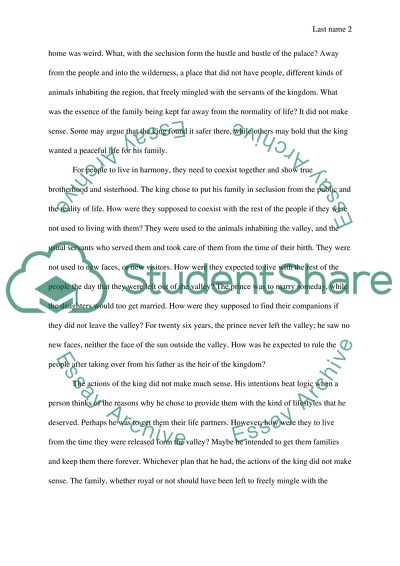Cite this document
(“The History of Rasselas by Samuel Johnson Essay”, n.d.)
Retrieved from https://studentshare.org/english/1478632-the-history-of-rasselas-by-samuel-johnson
Retrieved from https://studentshare.org/english/1478632-the-history-of-rasselas-by-samuel-johnson
(The History of Rasselas by Samuel Johnson Essay)
https://studentshare.org/english/1478632-the-history-of-rasselas-by-samuel-johnson.
https://studentshare.org/english/1478632-the-history-of-rasselas-by-samuel-johnson.
“The History of Rasselas by Samuel Johnson Essay”, n.d. https://studentshare.org/english/1478632-the-history-of-rasselas-by-samuel-johnson.


